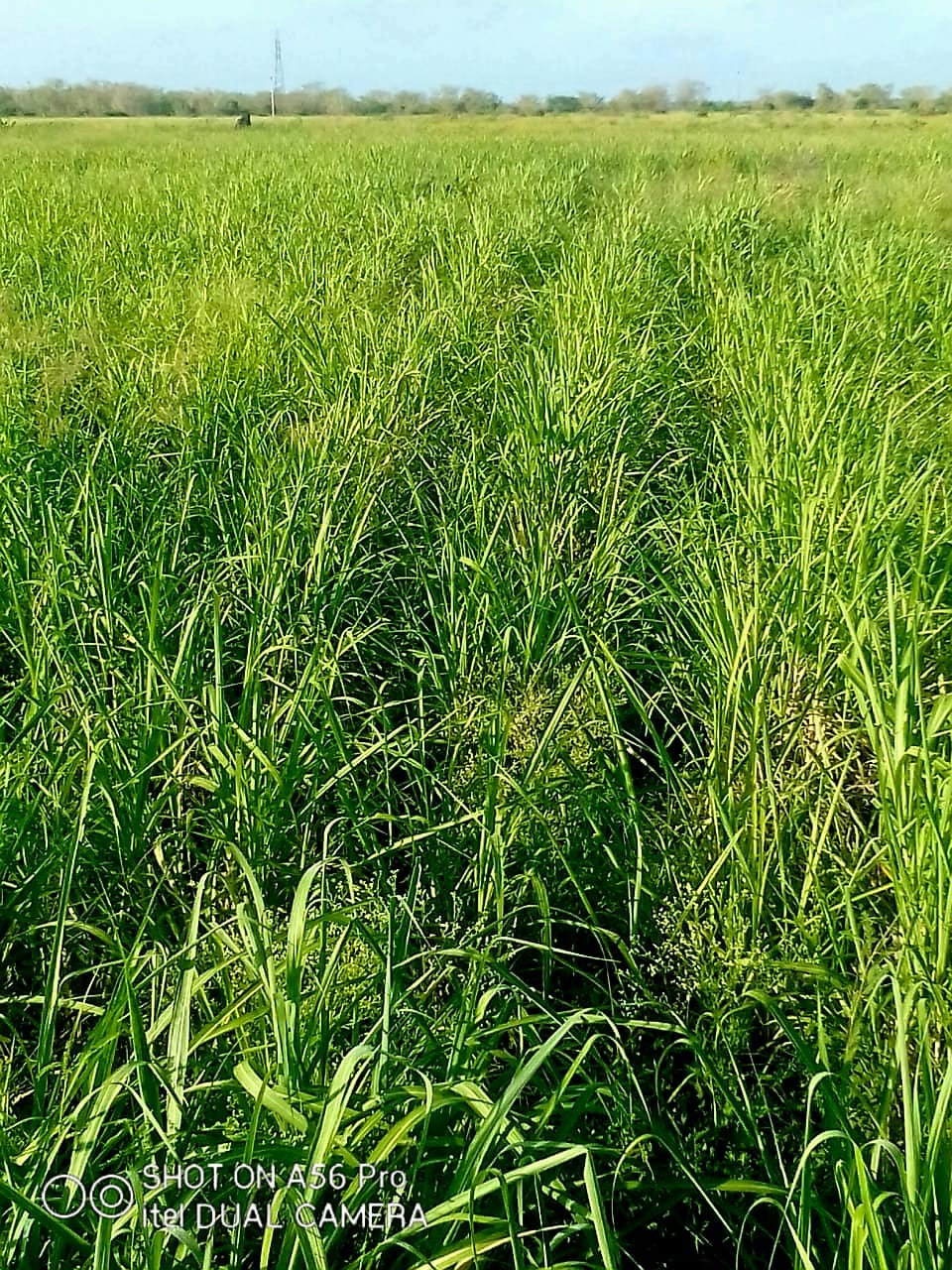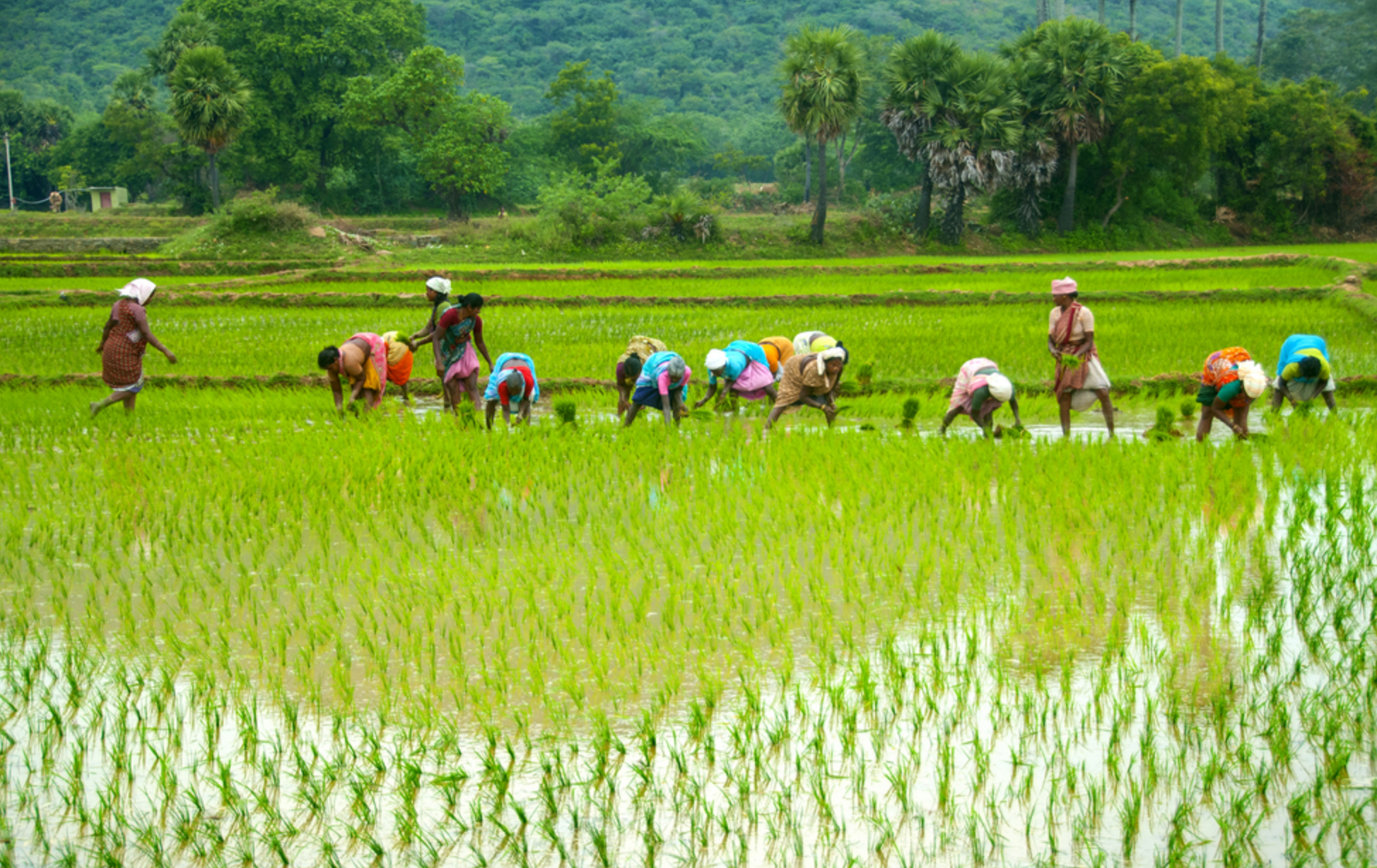Ethanol is a type of alcohol that is produced through the fermentation of sugars. It is commonly used as a fuel additive, solvent, and in the production of personal care and cleaning products. Bioethanol is a type of ethanol that is produced from renewable biological materials, such as sugarcane, cassava, and maize.
Sugarcane is a tropical and subtropical grass that is native to South Asia. It is a major source of sugar, as well as bioethanol. The sugarcane plant contains a high concentration of sucrose, which is a type of sugar. To produce bioethanol from sugarcane, the sugarcane is harvested and the juice is extracted from the stalks. The juice is then fermented and distilled to produce bioethanol.
Cassava is a tropical plant that is native to South America and is now grown in many tropical and subtropical countries. It is a major source of carbohydrates and is used in the production of bioethanol. To produce bioethanol from cassava, the cassava is harvested and the starch is extracted from the roots. The starch is then fermented and distilled to produce bioethanol.
Maize, also known as corn, is a cereal grain that is native to Central America. It is a major source of bioethanol, as well as food and feed. To produce bioethanol from maize, the maize is harvested and the starch is extracted from the kernels. The starch is then fermented and distilled to produce bioethanol.
Bioethanol production has several benefits. It reduces the demand for fossil fuels, which are non-renewable and contribute to climate change. It also reduces air pollution, as bioethanol produces fewer harmful emissions when burned compared to fossil fuels. Additionally, bioethanol production can provide economic benefits to farmers and rural communities.
Overall, bioethanol is a promising renewable energy source that has the potential to reduce our reliance on fossil fuels and improve air quality. However, it is important to carefully consider the potential impacts of bioethanol production and ensure that it is sustainably produced.
Through gaining experience in various economic periods, our team are able to identify the best opportunities whether we are in good times or bad times. Good times provide growth in our portfolio and bad times, despite the potential negative effects, can provide opportunities.
If you are looking to buy sustainiably grown Ethanol please get in touch.
Our team
-
Peter Watson
CEOFounder and CEO of Watson & Fine, he combines his African heritage, farming background and global...
view profile -
Martin Roche
Managing DirectorMartin has over 30 years experience globally developing start-ups and growing businesses in the...
view profile -
Marion Moore
Chief Administration OfficerA qualified accountant, with extensive business development experience in her homeland of Africa,...
view profile -
Farah London
International Business DevelopmentA global network expert and regular conference speaker, facilitating trade and investment worldwide...
view profile -
Steven Clarke
CTOA qualified engineer with a career providing solutions to various national security agencies. In...
view profile -
Brent Proctor
Health and safetyHe has helped Business WordPress Theme reach new heights and enter new markets. His skills of understanding...
view profile -
Frank Boorman
Zimbabwe Agri ManagerHe is an accomplished business developer. His skills at creating relationships with clients are...
view profile -
Rasheed Sarpong
Head of LegalTax laws and regulations are some of the most complicated and infuriating parts of the financial...
view profile - Join our team Discover our job positions
















